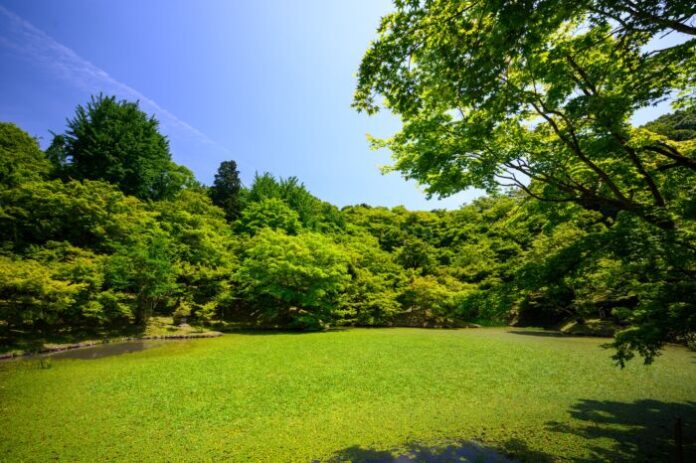
Green spaces are important because they give serenity and instill a sense of freedom and well-being. This is what emerges from a European study in which the Institute for Bioeconomy of the National Research Council (Cnr-Ibe) participated. The study compared the attendance and perception of citizens about urban green spaces in five European countries (Italy, Croatia, Lithuania, Slovenia and Spain) and in Israel during the lockdown for Covid-19, between April 1 and May 3. 2020.
The survey, published in Urban Forestry & Urban Greening, is one of the first on the role of urban green during the emergency and was carried out through an online questionnaire disseminated through social networks and by email.
“From the 2,540 responses it emerged that the use of green spaces was differentiated between the countries, determined by the various health restrictions. For example, Italy and Spain, the two countries most affected by the pandemic at that time and with the most stringent containment measures, recorded the highest percentage (64%) of respondents who stopped frequenting green areas. Those who did, had an essential reason such as taking the dog out or exercising, while Croats, Lithuanians and Slovenians did not substantially change their habits. Furthermore, the health restrictions have led to a greater diversification of the type of green spaces frequented, with the visit of gardens and tree-lined avenues (in Italy, Israel and Spain) rather than urban parks, limited to visiting areas a short distance from home. while in other countries the use of the car to reach areas outside the city has slightly increased, making us reflect on the dichotomy between the need for greenery and the use, in their own context, of non-ecological means “, explains Francesca Ugolini, researcher at Cnr-Ibe first author of the study.
“Those who have never gone out during the lockdown, as in Italy, Israel and Spain, have felt the lack of green spaces very much and only the sight of a wide panorama from the window has helped to reduce the sense of deprivation”, continues Ugolini.
Citizens complained mainly about the impossibility of “being outdoors” and “meeting other people” in green areas, and especially in Italy and Israel also the impossibility of “observing nature”. These perceptions underline the important social, environmental and cultural function of green areas as well as the environmental sensitivity of those who responded.
In this regard, the survey showed how the issue of green is very important to citizens: the final open question on the relationship between urbanization, man and nature, collected numerous reflections that demonstrate both the awareness of the importance of respecting and protecting nature in general and above all ensuring the accessibility of a green space in an urban environment. Many suggestions concerned practical aspects of governance: urban planning that integrates easily accessible green spaces of various types into the urban fabric and management that guarantees the quality of the same both in terms of choice of species and maintenance. In addition to this, other suggestions called for green mobility and more inclusion of citizens and their views in decision-making processes.
The study shows that the quality of life in the living area is linked to the presence of usable green spaces, even more so in an emergency and social isolation phase. “This study highlighted the importance of urban green spaces for citizens, all the more so in times of crisis like these. Urban greenery makes cities more comfortable and it is therefore desirable that politics and planning take into consideration the suggestions made ”, concludes Ugolini.






































